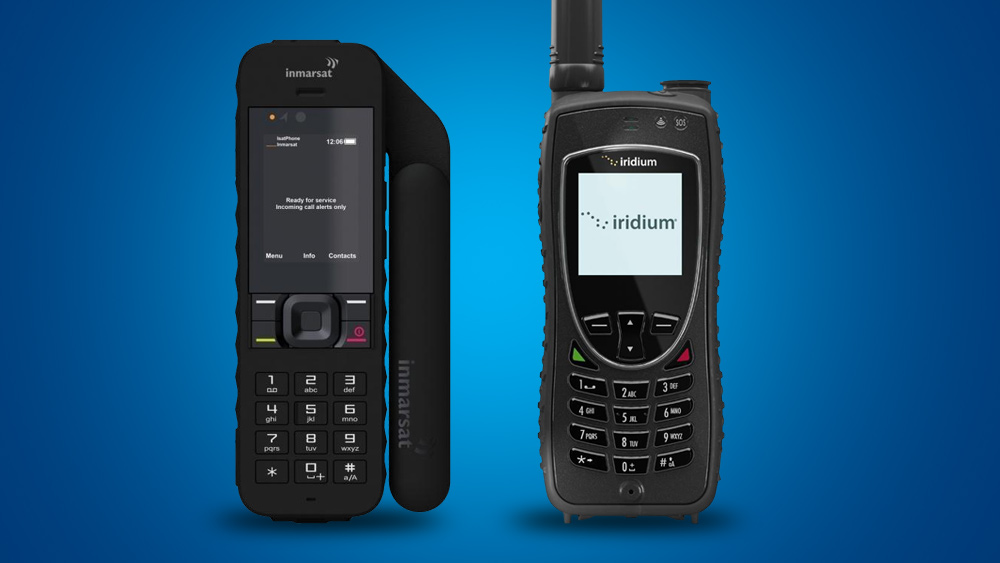
The Internet of Things or IoT is a type of emerging technology that is meant to become a standard inside the home as well as in the office. It's the key to turning ordinary household and office appliances into "smart" ones – that is, connecting them to the internet – and in many ways, is seen as a key part of the future of mobile computing. Now Philips Lighting wants to speed up its adoption by promoting LiFi, wireless broadband data that propagates through light instead of radio signals, which it has added to its latest series of luminaires.
LiFi is similar to Wi-Fi in that it represents wireless broadband internet. But again, instead of using radio waves, its signal resides in the visible light spectrum, where there is much more bandwidth available for use. It's said that the LiFi-enabled products developed by Philips Lighting so far are among the best in the world to offer the revolutionary new technology, and not only that, they are quite remarkable as LED light fixtures as well.
According to Olivia Qiu, the Chief Innovation Officer at Philips Lighting, LiFi has many applications and offers a number of benefits over traditional Wi-Fi which relies on radio frequencies. "LiFi has enormous potential for today's digital age and as the world's leading lighting company we are proud to pioneer new and innovative services for our customers," she said. "While radio frequencies are becoming congested, the visible light spectrum is an untapped resource with a large bandwidth suitable for the stable simultaneous connection of a vast array of Internet of Things devices."
Qui also added that as a lighting company, Philips Lighting wants to ensure that their customers can benefit from the finest quality energy efficient light among with "state-of-the-art connectivity." (Related: Philips introduces amazing LED light bulb producing 800 lumens (replaces 60-watt bulb).)
The way that LiFi works, as implemented by Philips Lighting, is quite simple. With every luminaire, there is a built-in modem that is tasked with modulating the light at speeds that are said to be imperceptible to the human eye. This light is then detected by a LiFi USB key or dongle that can be plugged into the socket of any laptop or tablet computer. This dongle then returns data to the luminaire via an infrared link. And with this kind of connection, users will be able to enjoy broadband speeds of up to 30 Megabits per second (Mb/s) without compromising lighting quality.
And as for how exactly LiFi is beneficial over Wi-Fi, Philips Lighting said that it can be used in places where radio frequencies may interfere with certain kinds of electronic equipment, such as in hospitals, or where Wi-Fi signals may be weak or cannot reach mobile devices, such as underground. Basically, any device needs to be in the light's line of sight to take advantage of LiFi. Otherwise, it wouldn't work, which means that this is simultaneously its biggest strength and its biggest weakness.
Philips Lighting also boasted about the availability of a feature called "hand-off" which is said to be designed to let users walk from room to room, where the light as well as the internet signals from LiFi-enabled luminaires overlap with each other, and simply connect to whichever one is the closest source of light. While good, this also means that the internet connection from LiFi would not be available in case the luminaire itself has been turned off.
In any case, the technology behind LiFi is still in development, just like many kinds of IoT-related products, so you can't expect it to be perfect. For now, it will likely be a curiosity until more companies adopt it for their light fixtures and other types of household appliances.
Find out more interesting innovations in Inventions.news.
Sources include:
Please contact us for more information.





















